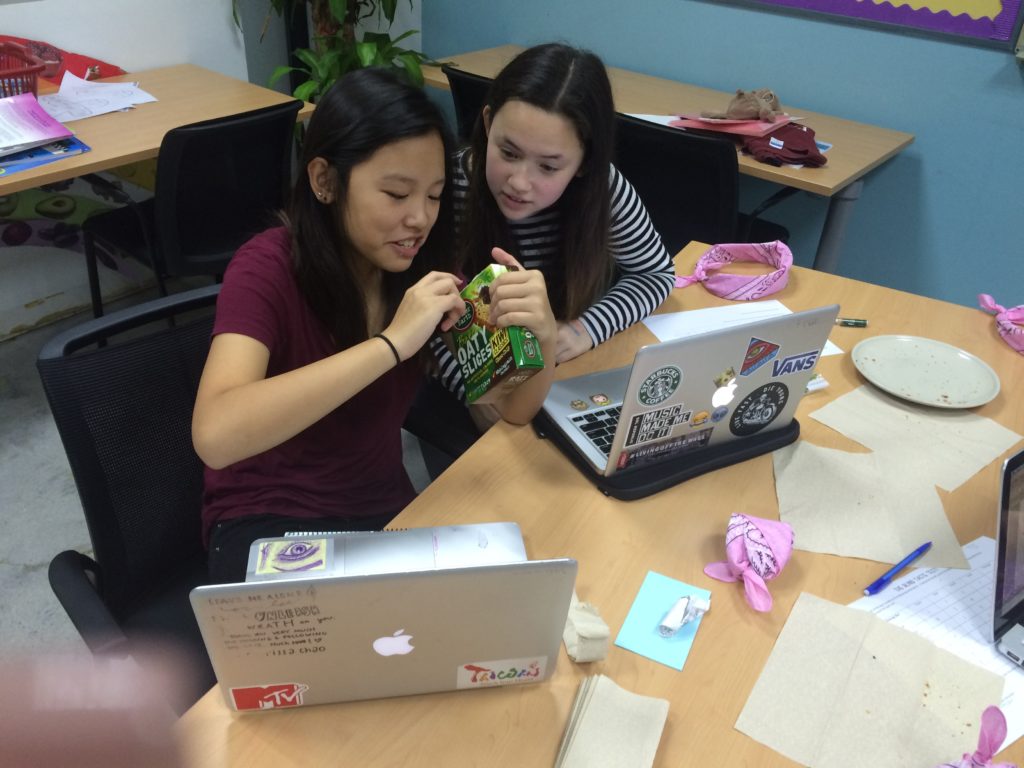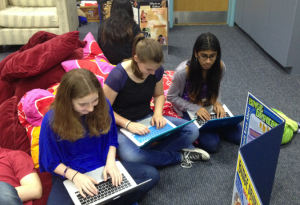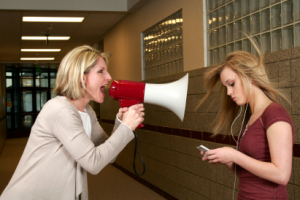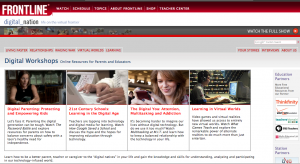Short on instructional time? Health is a universal, so team up with another teacher on campus and see where you can layer in health literacy skills with other content areas.
The field of education is currently undergoing a big shift from traditional methods of instruction to project-based learning (PBL). Most teachers are excited to implement PBL in their classrooms, but in subjects like health, where instruction time is limited, teachers struggle to find ways to fit it all in.
Luckily, PBL offers ample opportunity for cross-curricular learning. Here are some ways in which health teachers can team up with other teachers to deliver lessons in an authentic, relevant, and enjoyable fashion while still addressing their standards.
Health + Science
Project Idea: The environment and personal health
Environmental health is a growing issue— and one we should be including in our curriculum. Today’s teens are more environmentally conscious than ever, so they are naturally curious about the impact of global warming on future generations.
In this article from the New York Times, Unraveling the Relationship Between Climate Change and Health, there are a number of links to studies and resources the kids can use as they research the issues we’re currently facing, as well as some possible solutions.
The final product for this project could take on many different forms- from a video, a presentation, an article, a pamphlet, or even a community information night.
Health + Math
Project Idea: Healthy eating on a budget
Give students a budget and have them figure out how to plan a week’s worth of healthy meals. They can research recipes and create shopping lists using measurements and rations. If it’s possible, you can take them to a neighborhood market to check prices, and if not, there are plenty of online grocery stores they could use as well.
Health + Physical Education
Project Idea: Setting personal fitness goals
Whether your school has combined PE and health, or if you’re lucky enough to have a stand-alone health program, teach the kids to set personal fitness goals and record their progress along the way.
Begin the year in health with a lesson on goal-setting, and have students pick an area of fitness they’d like to improve on. Through the use of fitness trackers, heart monitors, or even journaling, students can track their progress along the way and then reflect at the end of the semester on their progress.
Health + Language Arts
Project Idea: Teen issues in contemporary literature
So many young adult novels have themes involving issues covered in health, such as peer pressure and the struggle to fit in, mental health, substance abuse, family conflict, and more. Use the classic Freak the Mighty to teach kids about bullying, or The Hunger Games to teach media influence. Find out what the kids are reading in Language Arts, and see if any themes support what you’re currently teaching.
They could then put together an action plan for one of the characters to help tackle their issues with skills taught in health, like decision-making, communication, goal-setting, or advocacy.
Health isn’t a subject that should live in isolation, as it affects our students on a personal level every day. Put the word out to your colleagues that you’re looking to collaborate, and see who bites. The possibilities are endless, and the benefits to the students immense.
